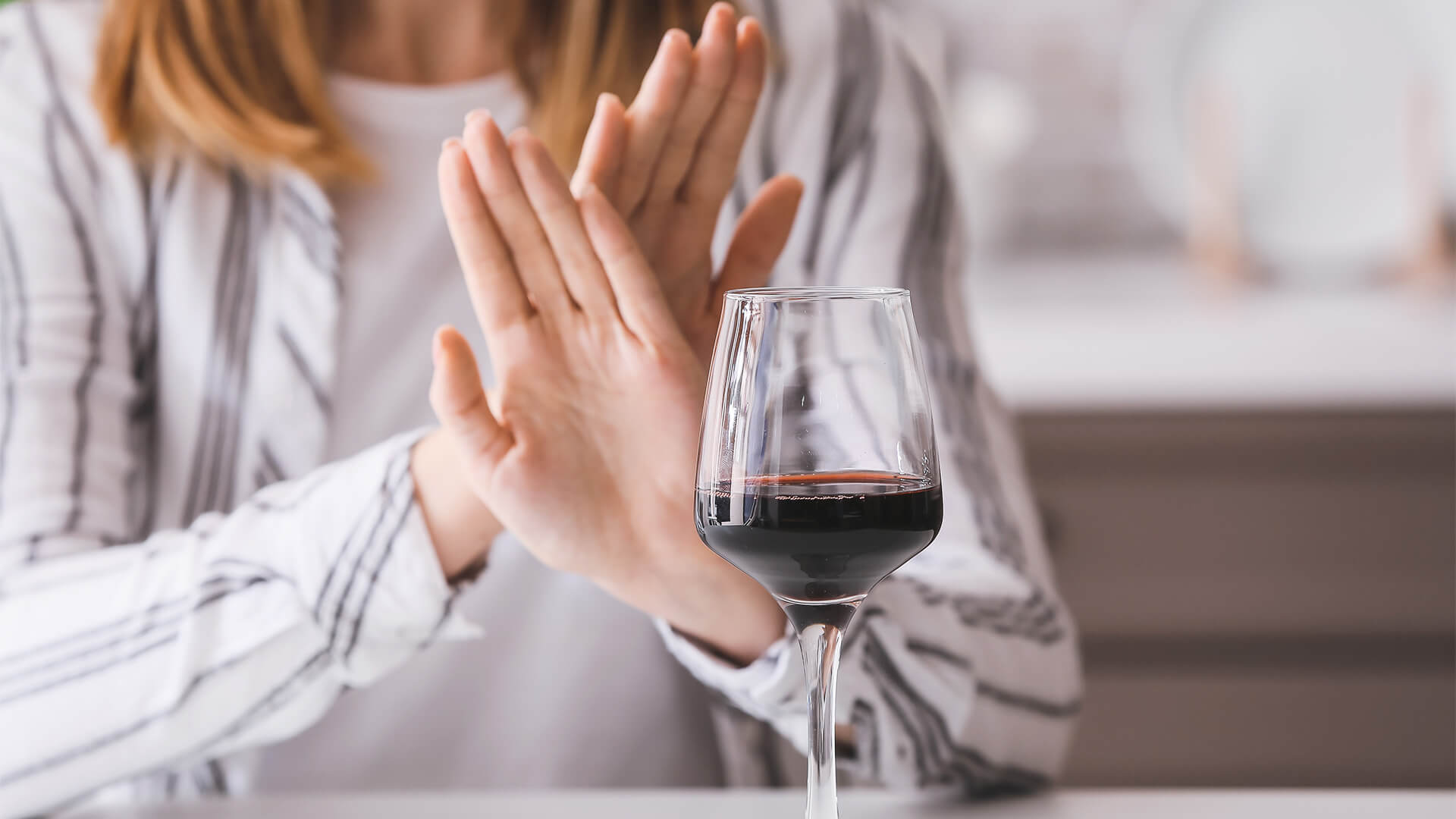
Cutting back on alcohol can benefit your mind and body in many ways. Maybe you’ve noticed that your one glass of wine with dinner has turned into three or four. Maybe you’re trying to lose weight, or it could be that you want to have better sleep and feel healthier overall. If the amount of alcohol that you have been drinking exceeds the recommended guidelines and puts you at risk for developing health problems, then cutting back or moderating your alcohol use might be a good idea. We spoke to CEO of One Year No Beer, Ruari Fairbairns, who outlines 7 ways to reduce your alcohol intake.
1. Set specific smaller goals to help you achieve your main goal
A good first step is to set yourself the ultimate goal, whether that be to quit or cut down drinking for one month, three months or a year. Remember to set achievable, realistic goals throughout to help keep you motivated and achieve your ultimate goal. An example of smaller goal setting could include setting yourself a drink limit on a night out- whether this be maximum units or maximum costs. After each month, examine whether you are finding the goal too easy, and make it more challenging to reach your ultimate goal of alcohol-free days or quitting alcohol for good.
2. Keep attractive non-alcoholic options at home
Non-alcoholic drinks are a great option for people who want the experience of drinking without any of the actual alcohol content. They’re also often much cheaper and equally as delicious as most alcoholic drinks. Non-alcoholic beer, wine, and spirts are available in most stores. You could even create a non-alcoholic bar in your own home with plenty of mocktail and sparkling juice options.
3. Rethink your after-work routine
After a stressful day at work, it can be tempting to reach for a glass of wine or beer to help you relax. Alcohol depresses the central nervous system, providing a sedative effective as it decreases a person’s inhibitions. Whilst this may provide temporary relief for the stress and anxieties you carry from work, you may be doing more harm than good in the long term. Consuming too much alcohol can lead to memory loss, blackouts and create more anxiety as you build up a tolerance for alcohol. Instead, change this daily drinking habit after work by engaging in another activity—whether this be a relaxing bath, stroll in the park or a tasty non-alcoholic alternative instead.
4. Opt for foods with a high water content
When you’re eating salty snacks like crisps and salted nuts, you may feel an urge to have alcohol. But if you eat foods high in water content like fruits (watermelon, melon, strawberries, and blueberries) and soups, juices, and smoothies, you may find that your thirst will be quenched.
5. Watch for peer pressure
Peer pressure can influence a person to do something they wouldn’t otherwise do. This is often because the person wants to be liked or think it will help them fit into the crowd better. However, don’t feel obligated to drink just because others are. You don’t have to drink in order to fit in with a group and you should avoid people who try to make you drink when you don’t want to. Practice assertiveness, saying no and in the worst case, leaving situations you feel uncomfortable in.
6. Think about why you drink
When you are thinking about cutting down on your drinking, it can be helpful to think about which situations might trigger you to drink more than you intended. The reasons might include hanging out with friends or being at home after putting the kids to bed. They might also include emotions, such as feeling happy or anxious. If you know when and where you are most likely to drink, you can then come up with a plan of action for those situations.
7. Ask for support
Reducing your alcohol intake or quitting for good can be a challenging task. Let your friends and family members know if you are cutting down on your drinking and need their understanding. You could even ask a trusted family or friend whether they can be your accountability buddy, to ensure you’re making the necessary steps to reach your goal. If you are struggling and need further assistance, speak to your GP or get free, confidential advice over the phone from Drinkline or Alcoholics Anonymous. Alternatively, if you do not have a serious problem with drinking and want to reduce your alcohol intake with a supportive community, you can enlist in a 28, 90 or 365 day challenge to discover the new you.


















